Members of the public can now register to take part in the UK’s first public driverless vehicle trials, due to take place in Greenwich later this year.
The trials are part of the GATEway (Greenwich Automated Transport Environment) project - an £8million research project to investigate the use, perception and acceptance of autonomous vehicles in the UK.
Taking place in the UK Smart Mobility Living Lab and led by TRL (the UK’s Transport Research Laboratory), the trials will see fully electric automated vehicles navigating their way around Greenwich.
Those chosen to be part of the trials will be given the chance to ride in a driverless vehicle and asked to provide their views about the experience. Some participants may also be invited to share their views in interviews before and after using a vehicle.
Business Secretary Sajid Javid said: “Making driverless cars a reality is going to revolutionise our roads and travel, making journeys safer, faster, and more environmentally-friendly. Very few countries can match our engineering excellence in the automotive sector or our record on innovative research, and this announcement shows we are already becoming one of the world’s leading centres for driverless cars technology.”
Professor Nick Reed, director at TRL and technical lead of the GATEway project, added: “The move to automated vehicles is probably the most significant change in transport since the transition from horse drawn carriages to motorised vehicles. Testing these vehicles in a living environment, like the UK Smart Mobility Living Lab, takes the concept from fiction to reality. It gives the public a chance to experience what it’s like to ride in an automated vehicle and to make their own mind up as to how much they like it, trust it and could accept it as a service in the city.”
In addition to physical vehicle trials, members of the public can also register to take part in workshops to help envision the future of driverless vehicles. The workshops, which will take place from June 2016, seek to better understand people’s attitudes towards the use of automated vehicles and their operation in cities. Participants will be encouraged to discuss and debate the topic as well as participate in creative activities with designers and researchers from GATEway partner, the Royal College of Art.
Those with experience or knowledge of Greenwich are also encouraged to share their views on driverless vehicles via a web-based sentiment mapping tool. The site, developed and managed by GATEway partner Commonplace, provides members of the public with a chance to provide feedback on how driverless vehicles might impact life in and around Greenwich. Contributors are able to revisit the site as many times as they like, adding as many comments as they wish, whenever they choose throughout the duration of the project.
Mike Saunders, co-founder of Commonplace, said: “The aim of the site is to give those familiar with the Greenwich area a chance to provide input on where and how driverless vehicles could work in and around Greenwich. It’s about putting local people right at the centre of exciting transformation and giving them a chance to influence decision making in this area.”
GATEway is one of three projects awarded by Innovate UK under its competition entitled ‘Introducing driverless cars to UK roads’. The other two projects are UK Autodrive in Coventry and Milton Keynes, and Venturer in Bristol.



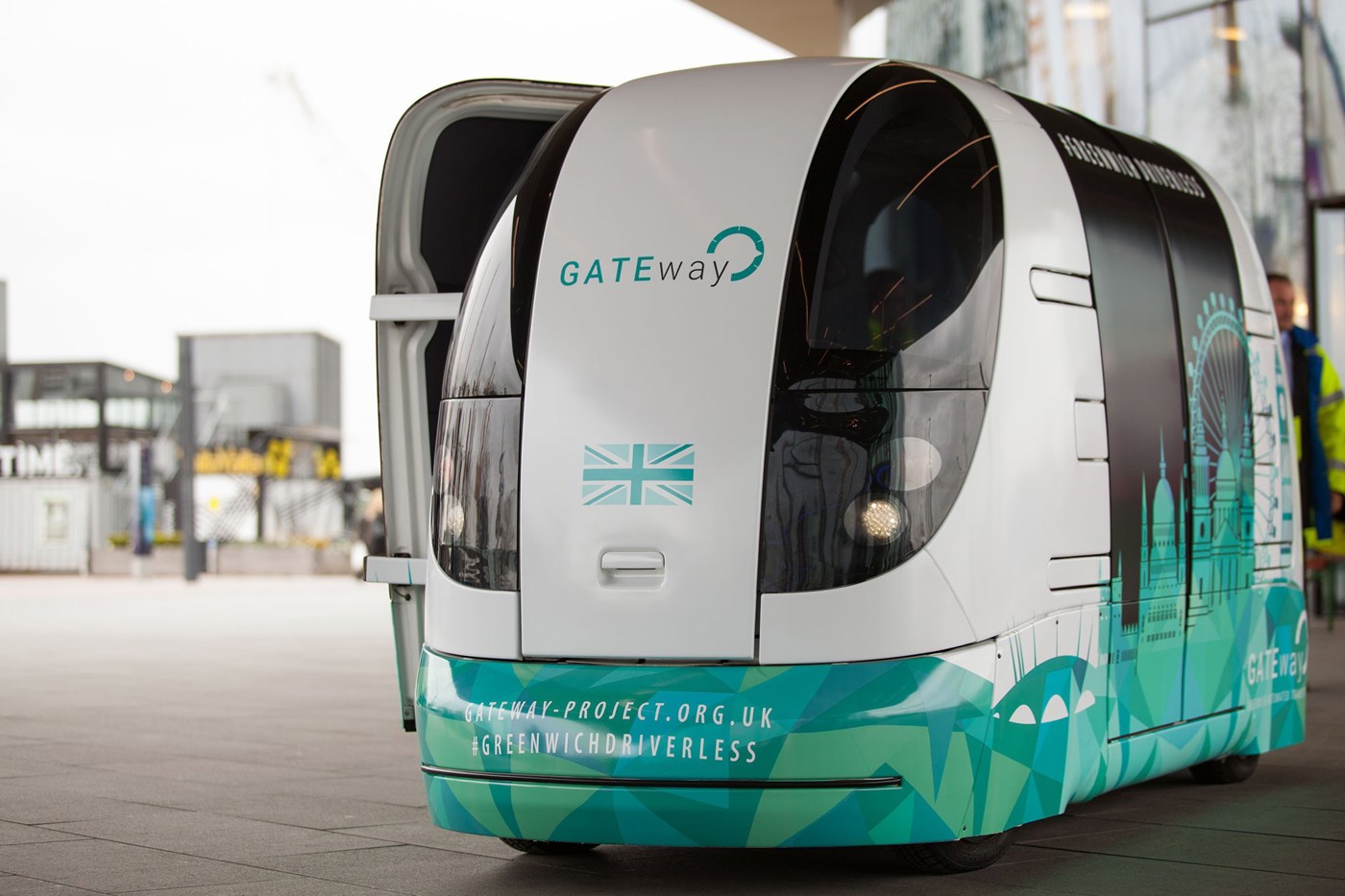
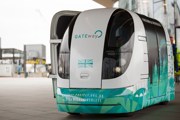
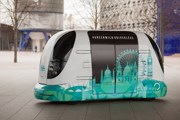
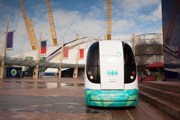
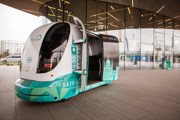














Anne Green - 16/05/2016 14:07
I can't see driverless cars as impressive. Although it may sound like a solution to road accidents, there are other implications. The driver training industry with around 40,000 driving instructors will be out of work. The urban commute would likely result in 'pod' share and speeds around 25 mph, so if you are late leaving, tough luck. You may fall out with your car share passenger, oh well, but could be awkward. Driving, when I learned to drive in the 1980's was considered fun, now I am a fleet trainer, it's still fun. It can be fun and safe too. Technology advances may be amazing and wonderful for the techy lovers, and it may find a place in history books too, so associated fame. Do we really want it? I don't actually think so.